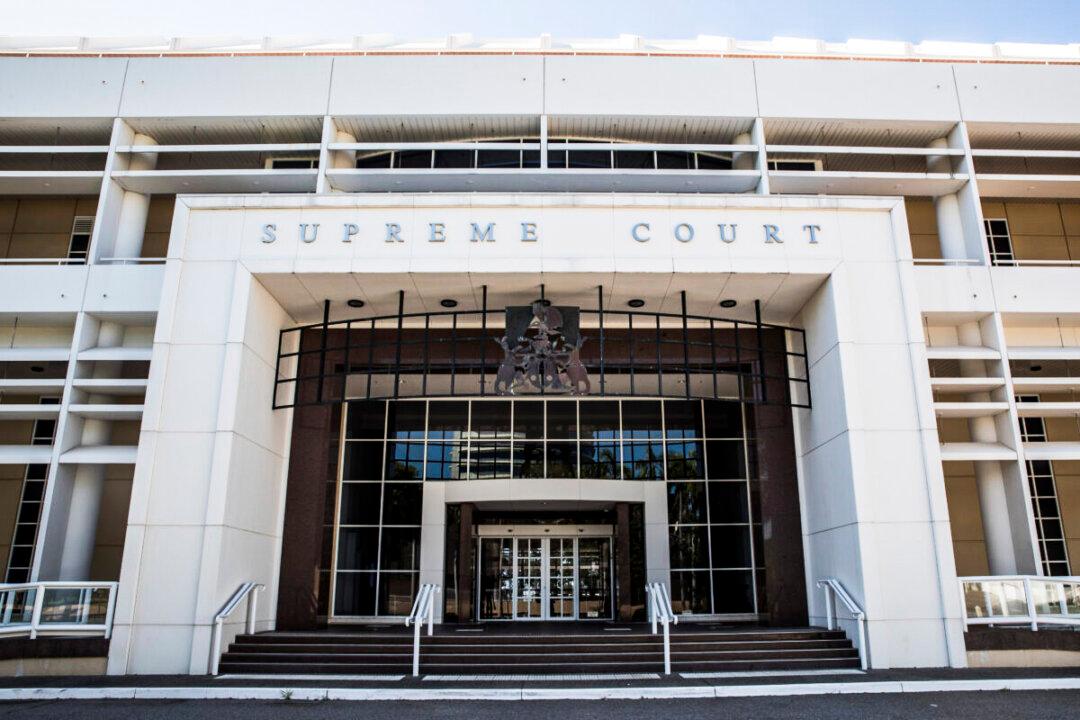Energy supplier Santos has agreed to pay cattle station owner Rallen Australia $400,000 after failing to update them on the extent of their fracking operation on Rallen’s property in the Northern Territory’s Beetaloo Basin.
The dispute ended in the Northern Territory Supreme Court on Friday, with Santos agreeing to pay legal fees, adhere to a 12-month moratorium on petroleum operations, and reform its stakeholder engagement policies, NT News reported.





